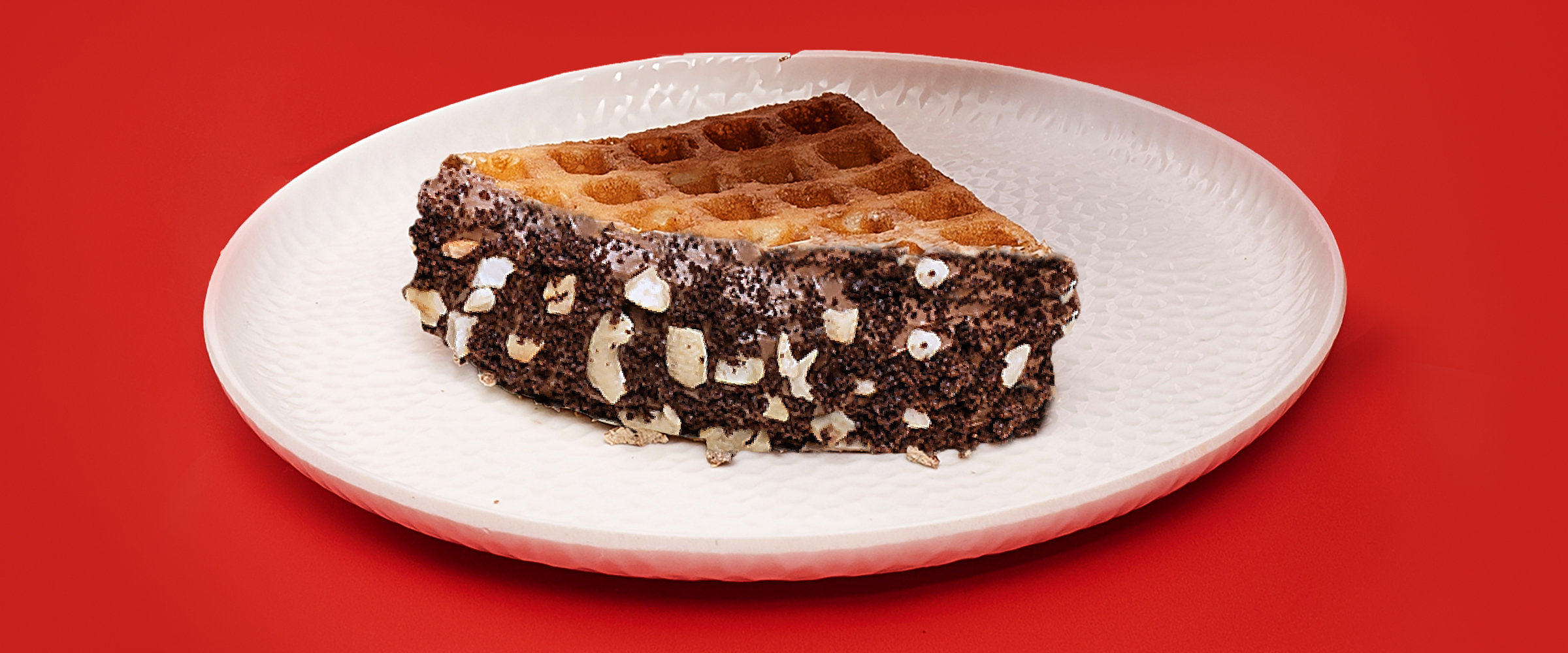Blog
The Cultural Significance of Ice Cream Flavours in India

The Cultural Significance of Ice Cream Flavours in India
Ice cream, with its creamy texture and tantalising flavours, has long been a beloved treat worldwide. In India, the food is deeply intertwined with culture and tradition, and so is ice cream. It holds a special place in the hearts of millions. From bustling street corners to upscale parlours, the ice cream flavours in India are more than just a dessert. They are a cultural experience that transcends generations. Let’s delve into the rich tapestry of Indian ice cream culture and explore its profound significance.
The Roots of Sweet Indulgence:
The history of different types of ice cream in India traces back centuries, with roots embedded in ancient culinary practices. One of the earliest forms of Indian ice cream is the iconic kulfi. It is a frozen dairy dessert infused with flavours such as cardamom, saffron, and pistachio. Originating in the Mughal era, kulfi has evolved into a timeless classic enjoyed by people of all ages across the country. The other one is falooda ice cream, which is a favourite for many across the country. It is made with vermicelli, rose syrup, milk, jelly, sabja seeds and ice cream. You can change the toppings to your liking and dab with the recipe here and there too.
Ice Cream Flavours in India Are a Feast for the Senses:
In India, ice cream is not merely a sweet treat. It is a sensory experience that delights the palate and evokes cherished memories. From the vibrant colours of fruit-flavoured scoops to the aromatic spices infused in traditional varieties, every bite tells a story of culinary craftsmanship and cultural heritage. Whether savouring a cone of creamy malai or indulging in a refreshing sorbet, ice cream captivates the senses and transports individuals to moments of joy and nostalgia.
Celebrating Life’s Sweet Moments:
In Indian culture, ice cream plays a significant role in celebrations and festivities, symbolising joy, abundance, and togetherness. Ice cream is often served as a delectable dessert to mark special occasions and create lasting memories. Families gather around bowls of homemade falooda ice cream or kulfis. Friends share laughter over scoops of mango ice cream. Children eagerly await the arrival of the ice cream vendor’s cart, signalling the start of a festive celebration.
Innovating with Tradition:
While traditional flavours continue to reign supreme, Indian ice cream artisans are also embracing innovation and experimentation. From fusion desserts that blend classic Indian flavours with global influences to artisanal creations crafted with locally sourced ingredients, the landscape of Indian ice cream is constantly evolving. Chefs and entrepreneurs are reimagining traditional recipes. They are introducing new techniques, and pushing the boundaries of flavour
to cater to the diverse palates of modern consumers.
Preserving the Sweet Legacy of Ice Cream Flavours in India:
We are embracing rapid modernization and cultural globalization. But, the essence of different types of ice cream in India remains deeply rooted in communities across the country. Artisans pass down age-old recipes from generation to generation. They are ensuring that the art of making kulfi and other regional delicacies thrives amidst changing times. Through local festivals, culinary workshops, and heritage initiatives, efforts are underway to preserve and celebrate the cultural significance of Indian ice cream for generations to come.
In conclusion, ice cream holds a sacred place in Indian culture. The ice cream flavours in India serve as more than just a dessert. They are a symbol of joy, tradition, and unity. Whether enjoyed on a scorching summer day or savoured during a festive celebration, ice cream always satisfies a sweet tooth. So, the next time you indulge in different types of ice cream in India, remember the rich cultural heritage that flavours every bite.




